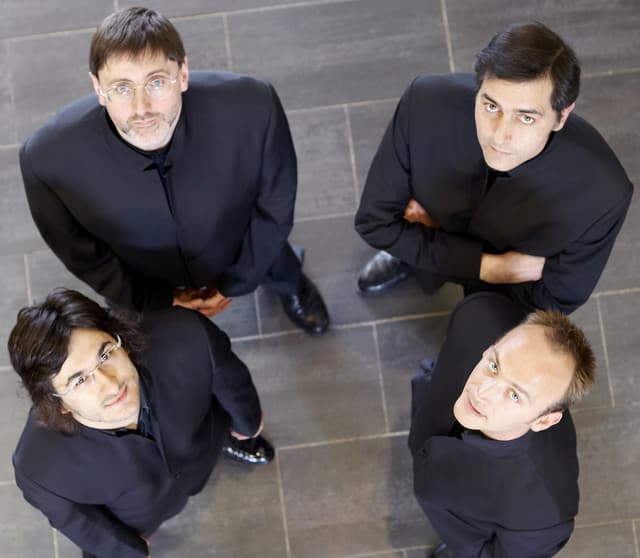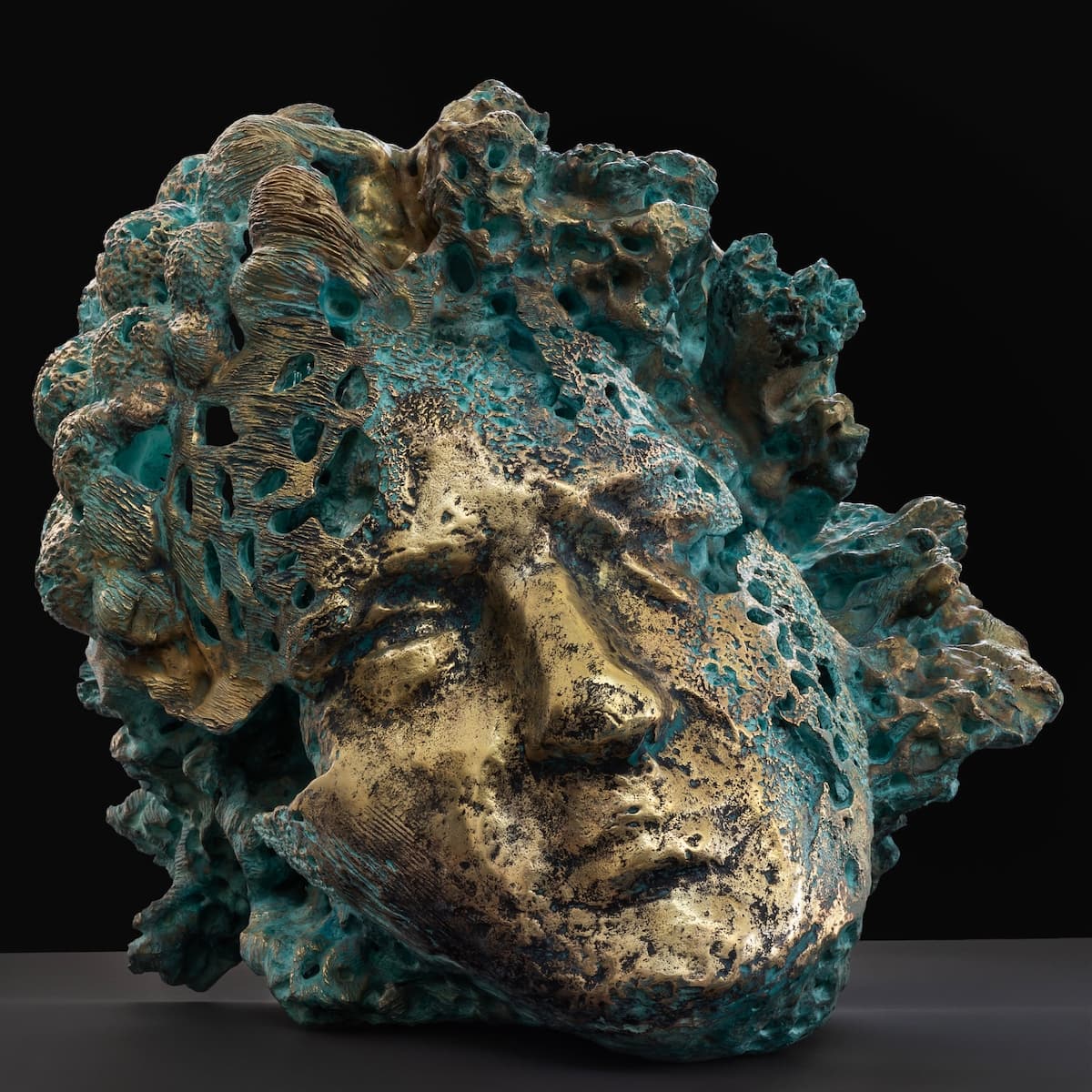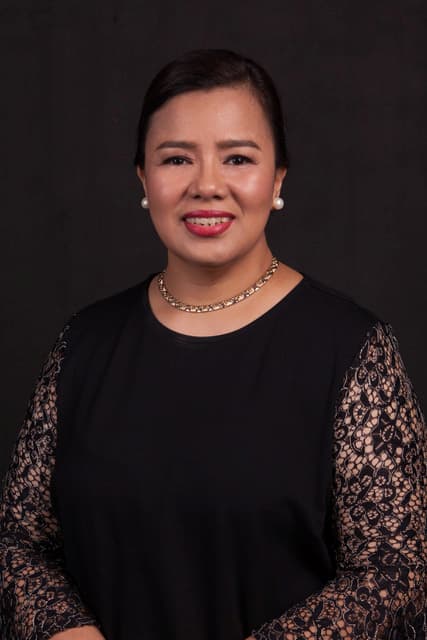Leszek Możdżer is considered as the greatest gift of Jazz in Poland. A virtuosic pianist, composer, and producer, Możdżer has recently released an album, “Composites,” and was featured in a documentary, Chopin: I am Not Afraid of Darkness. Both the album and the documentary started around the pandemic. In the interview, Możdżer shares his ideas behind the album, his experience working with the Period Instrument Orchestra of the Warszawska Opera Kameralna (MACV) for the album, and his being featured in the documentary and playing near the Auschwitz concentration camp.
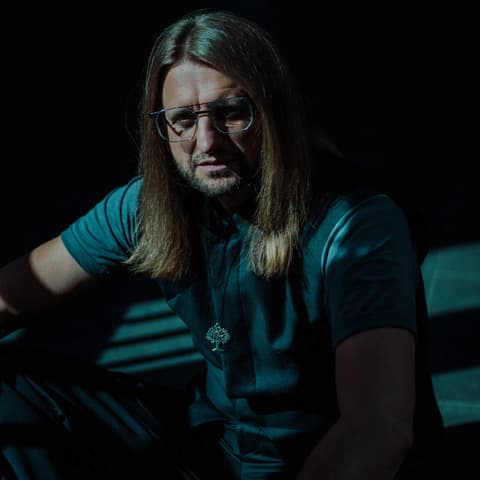
Leszek Możdżer
Leszek Możdżer: Compositum I (Leszek Możdżer, piano; Warsaw Chamber Opera Orchestra; Musicae Antiquae Collegium Varsoviense)
Hello Leszek, congratulations on the latest release of your album “Composites.” Are Compositum I, II, III, IV written at the same time? What were the inspirations for writing the work?
I was doing all the main work at the time of the pandemic. I was very depressed, feeling no creative force nor inspiration, and the deadlines were approaching inevitably. I felt completely empty and weak to start with any new creative idea, so I just sat at the piano and started to play. I asked my body for help, since it was trained to play piano since I was 5 years old. I turned on the metronome and recorded many solo pieces, completely improvised, and after one hour, I had some material to start with. I have selected a few pieces worth taking and then I slowly started to compose an orchestral part. Working with my MIDI, I started to dress my improvisations with arrangements, covering all the weak points and underlying the strong moments. The joy slowly appeared in my emotional reality, and after a few days, I was already up with my enthusiasm and creativity and started to be able to compose normally. Then I composed the two ballads the traditional way.
Leszek Możdżer: Ballad for Lars (Leszek Możdżer, piano; Warsaw Chamber Opera Orchestra; Musicae Antiquae Collegium Varsoviense)
Ballad for Lars is dedicated to Swedish double bassist Lars Danielsson. Would you like to tell us a little bit about this piece? Does it also have the “improvisatory” elements?
I was up, but still weak, so I was not able to make my own decisions. Looking for inspiration, I have noticed that my beloved friend, the best bass player I ever worked with – Lars Danielsson is composing very smart ballads in B minor. I wasn’t able to imagine new music, but I was able to use some outside patterns and adopt it into my own musical language, so I started to write those two ballads at the same time, both in B minor, expecting that at least one of them will work enough to be held on an album. Unexpectedly, both of the ballads came out pretty neat, so I decided to use both of them on an album since we were planning a vinyl record – one ballad on each side. I thought it would give a certain rhythm to the construction, especially since I was using the big orchestra, so I had a chance to navigate through music using many different colors of the orchestra.
How was your experience working with the Period Instrument Orchestra of the Warszawska Opera Kameralna, MACV? How did you feel playing with the lower-tuning instruments? How did the piano adjust to play with them?
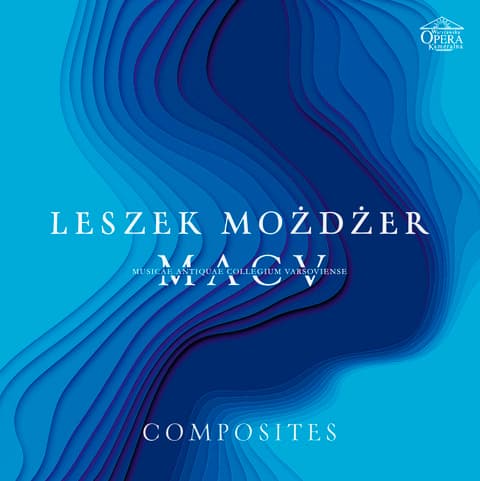
Leszek Możdżer: Natalladia (Leszek Możdżer, piano; Warsaw Chamber Opera Orchestra; Musicae Antiquae Collegium Varsoviense)
This orchestra is really good, works very fast, and the musicians are very flexible and smart. I had a problem with musicians playing wood instruments who were against playing at 432 kH saying that it is too high, but somehow they made it. We have recorded every section separately since it was a psychotic atmosphere concerning meeting more people at the same place due to covid regulations. Strings were recorded separately, so were wooden instruments and brass. It was quite painful because during the recording process, the conductor and I had to imagine the future construction, but the final result is not bad in the end. It sounds quite amazing all together. I don’t recall such projects in recent years in Poland.
What was the jazz scene like in Poland growing up? What drew you into jazz music? How do you find the jazz scene today?
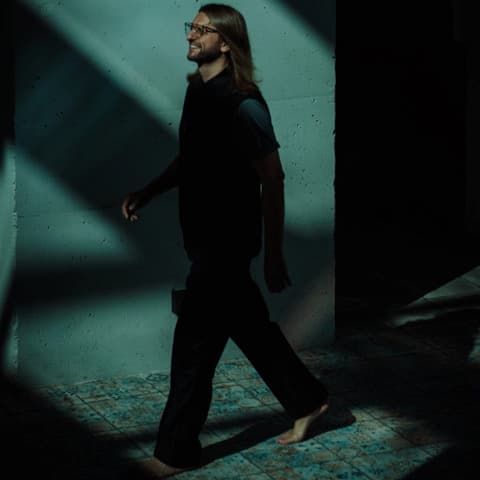
It magnified to the extent that I was not able to recognize all the names. Hundreds of young musicians played really well, composed smart music, and produced fresh and cool albums. I see the young saxophone players with their shiny horns, the drummers with the fragrant drum sets, and keyboardists with the most expensive keyboards playing asymmetric rhythms and complicated forms. It seems that the times of just a few jazz superstars are over in Poland. There are plenty of fantastic musicians: Emil Miszk, Tomasz Dabrowski, Marcin Pater, Jakub Mizeracki, Marta Wajdzik, Michal Wroblewski, Michal Ciesielski, Michal Salamon just to name a few, but there is so much more going on in Poland, that I can’t recite all the musicians that deserve it. The Polish scene is flourishing and giving out all kinds of artistic fruits you could ever imagine.
You were recently featured in a moving documentary Chopin: I am Not Afraid of Darkness. (the title is inspired by your quote that “I’m not afraid of darkness.”). What was your initial response when you were asked to be featured in the documentary? Does the documentary have any impact on you in some way?
Trailer of the documentary Chopin: I am Not Afraid of Darkness:
The invitation came in the middle of the pandemic, when no musician had any work. To tell you the truth – I had no choice, because all the concerts were banned, so I have put all the hesitations aside. I was not sure if putting Chopin’s music into such dark, hurt places would work, but I accepted that offer, knowing that it would help me survive. Also the idea of playing a concert near the Auschwitz concentration camp was extremely risky, yet had the potential of some spiritual and energetic work to be done there. Those places are terribly corrupted energetically. I thought that blessing them with some harmonious, loving intentions could make an impact on the energy, so it felt right to make this effort. I did my best to produce the best content I could, luckily the movie is not bad at all, maybe a bit too sad, because it is showing the dark side of humanity, but it is certainly a good production. Well, the emerging picture is not sweet at all, but at least shows our hope to fix all that dark past we have all experienced. Plato said “Music can regulate all the circulations of the soul which has lost measure and grace”, and I really believe that music can be a healing language for all of us.
Learn more about Leszek Możdżer and his album “Composites”.
For more of the best in classical music, sign up for our E-Newsletter

